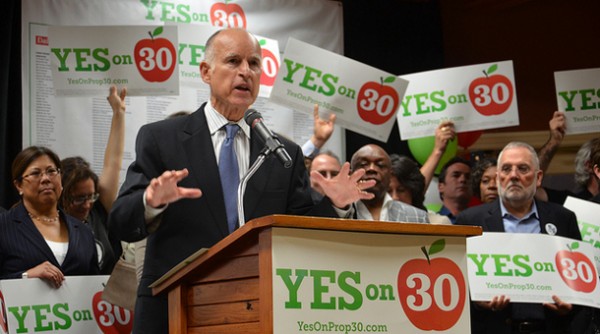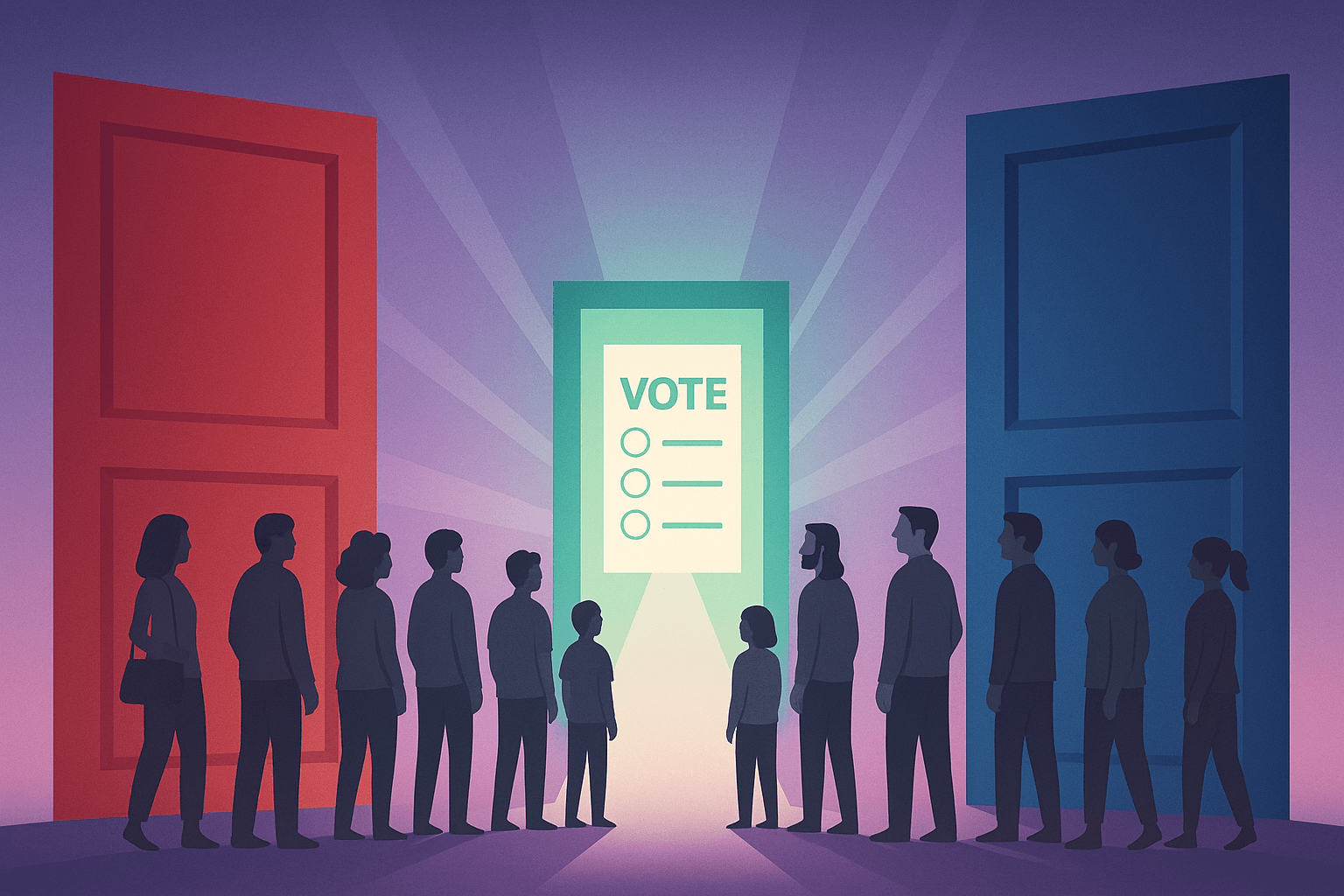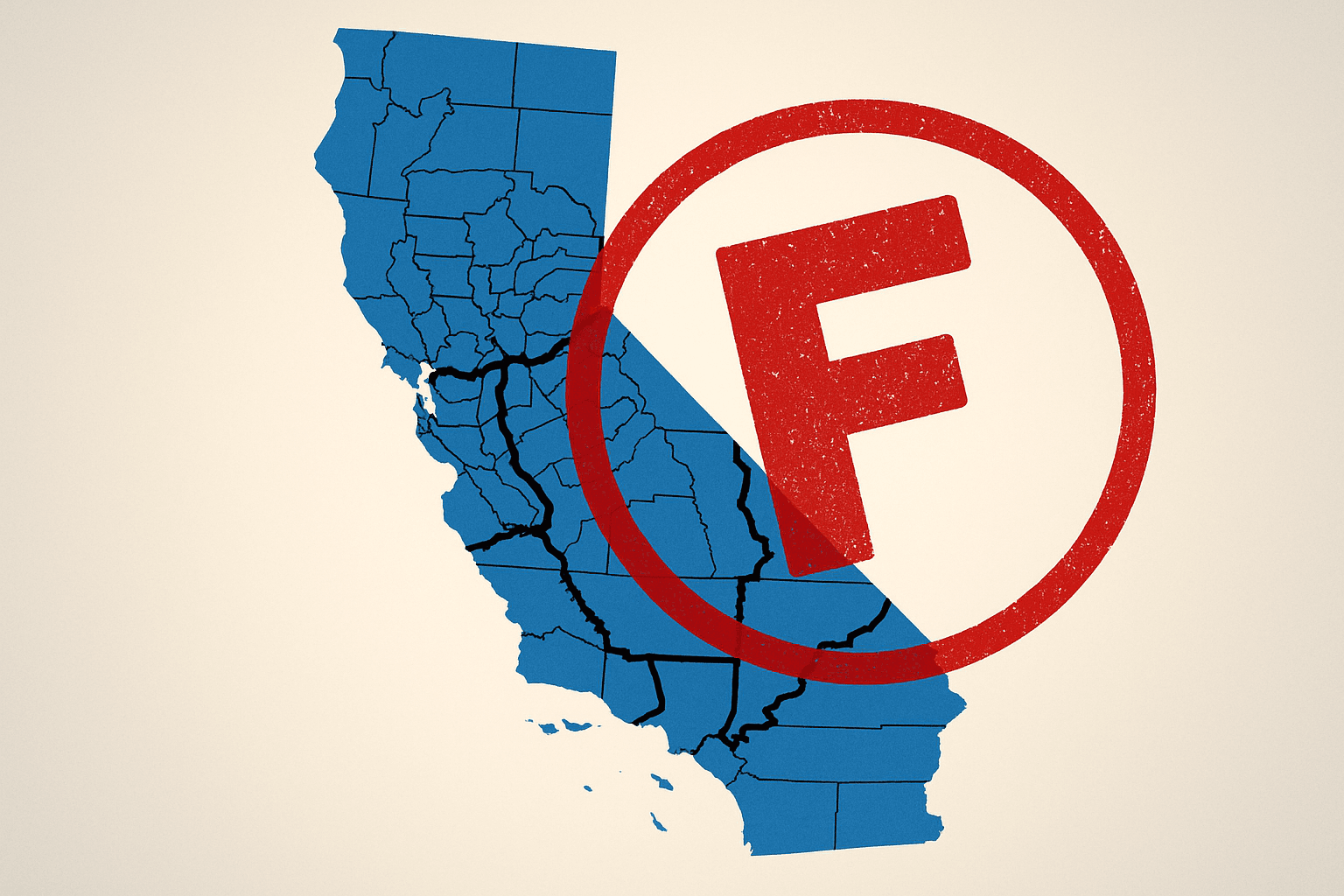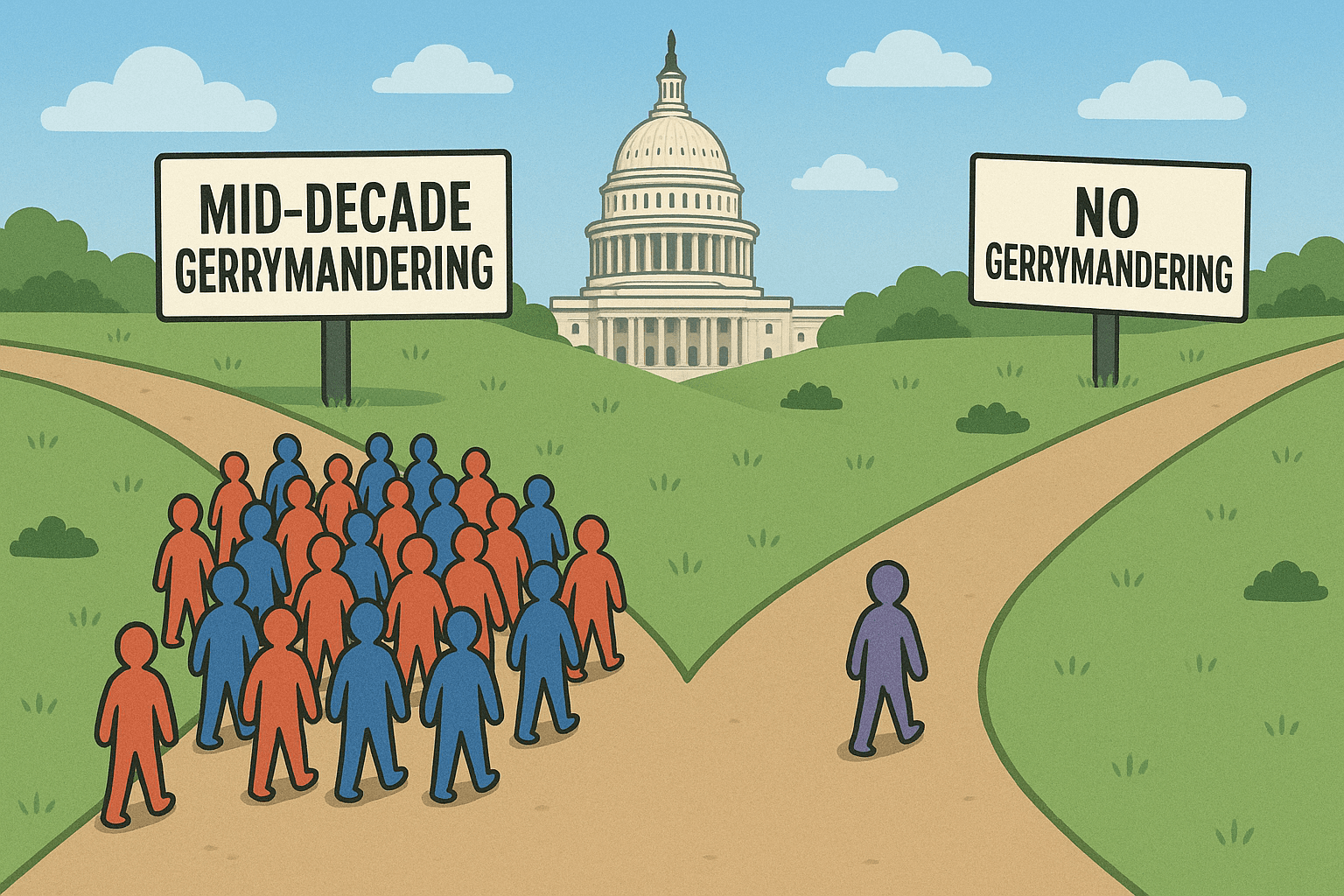Legislature Slows Down On Additional New Taxes in California


A week after the announcement of the first budget surplus in years, the Senate Appropriation Committee announced it will hold off on a number of tax initiatives that would have impacted many constituents across the state.
Tobacco Tax
SB 768, sponsored by Senator de Leon, which would have increased the tax on cigarettes by $2 per pack, was stopped on its way to the floor on Thursday. This tax was expected to raise about $1.2 billion in annual revenue which would have been used to fund health services for tobacco-related illnesses, anti-smoking education, and smoking cessation programs.
This tax would have affected the 3.8 million Californians who smoke. Critics of the bills argues that it is a regressive tax that would have penalized low-incomes earners the most. Senator de Leon said he will work on getting the bill to the Senate floor after the budget season is over.
Oil Severance Tax
SB 241, sponsored by Senator Noreen Evans, would create a 9.9 percent tax on oil produced in California. The revenue would be used to fund higher education (93 percent) and state parks (7 percent).
The rationale behind this bill is that California is currently one of the rare states without an oil severance tax and might be on the verge of a new oil rush. Ms. Evans believes that if California moves forward with oil fracking, state residents should benefit more.
However, opponents argue that oil companies in California are already burdened by the state's heavy tax structure and adding an oil severance tax would be too much.
SB 241 became a two-year bill in the Senate Appropriation Committee last Thursday, meaning that the bill cannot be examined again until the beginning of the 2014 session.
Soda Tax
SB 622, sponsored by Senator Bill Monning, was also held by the Senate Appropriation Committee and will not go any further until the 2014 session. The bill would have created a penny-per-once tax on sugary drinks such as sodas, energy drinks, sweet teas, and sports drinks.
The revenues -- approximately $1.7 billion a year -- would have been used to fund childhood obesity prevention, parks and recreation programs, physical education, and healthy school meals. The bill was opposed by beverage companies, restaurants, and anti-tax groups.
Commercial Property Tax
AB 188, introduced by Assembly member Tom Ammiano, would have reformed the definition of "changed ownership" for the purpose of evaluating commercial property to determine property taxes under Proposition 13. Proposition 13, adopted in 1978, froze the values of properties for tax purposes, except when they change ownership.
AB 188 would have closed what is considered by many as a loophole that has been used for decades by businesses, who, through complex transactions, manage to avoid the reassessment of the value of their property.
Many businesses and trade associations opposed this bill as it would have significantly affected businesses around the state and would have impacted job growth.
AB 188 was stalled in the Assembly Revenue and Taxation Committee on Monday, May 13.



